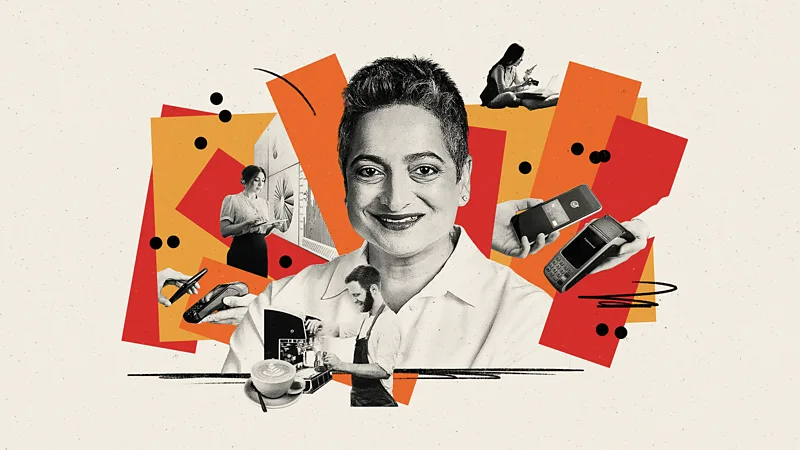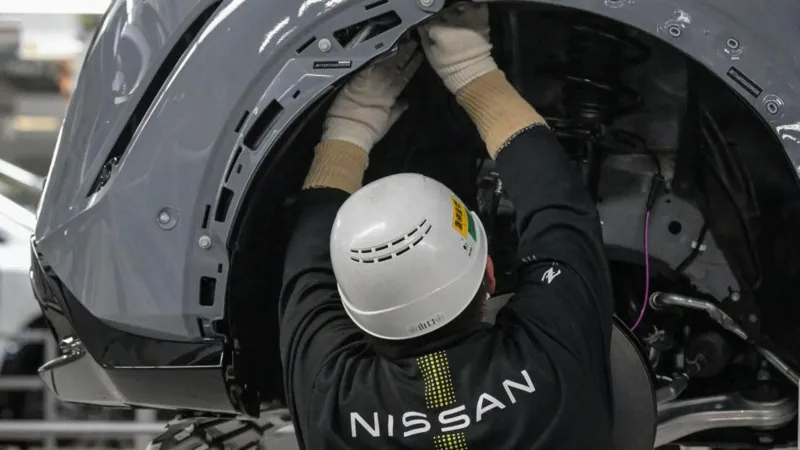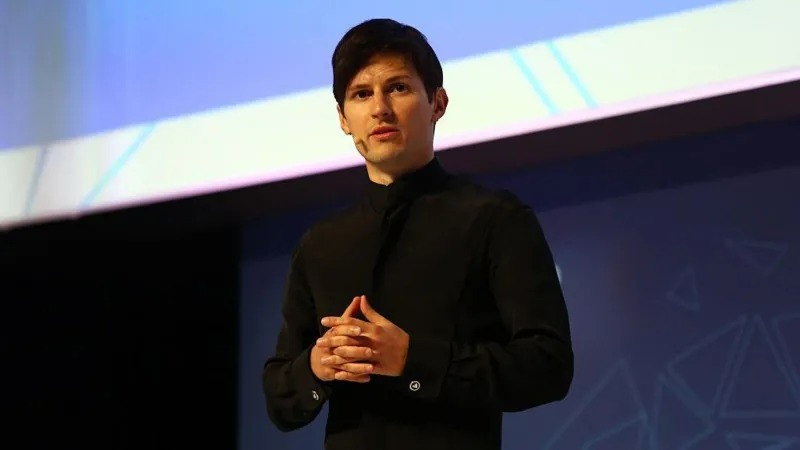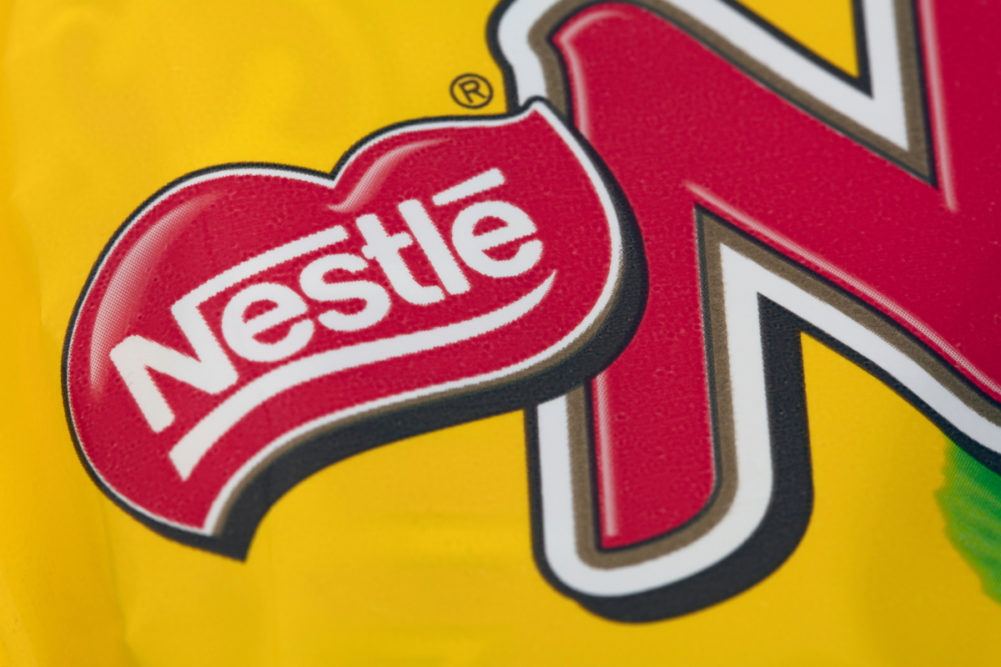Today in the Executive Lounge, one global firm’s innovative solutions to the universal problem of small businesses struggling to survive.
The small business sector has a big problem.
It’s called the “missing middle“, which refers to the gap in provision of financial services and support for small and medium-sized enterprises (SMEs).
These businesses are seemingly caught between a rock and a hard place – they’re too big to qualify for microfinance and too small to be eligible for regular bank loans. Consequently, 67% of SMEs worldwide are fighting for survival, according to the World Economic Forum.
A number of international finance institutions, most notably the World Bank, have attempted to close the funding gap, so far with mixed results.
This is despite adopting a dual-pronged approach, which includes helping to make SMEs more attractive for investment and liaising with financial institutions in an effort to boost lending.
But the European Bank for Reconstruction and Development says the success of any international organisation aiming to bridge the financial services gap in a particular region hinges on having a strong local presence there, which can understand and meet the needs of SMEs effectively.
Perhaps surprisingly, Mastercard has stepped up to meet this hyperlocal need.
“Not all businesses benefitted equally from the shift to digital” – Shamina Singh
Contrary to popular opinion, Mastercard isn’t a credit card company. It doesn’t extend credit to consumers or issue them with credit cards. In fact, the company’s main function is to process payments. Mastercard has always put financial inclusion at the top of its agenda, Shamina Singh, the company’s executive vice president of sustainability says.
Singh is responsible for, among other things, developing and implementing environmental, social and governance (ESG) strategy across the company.
“As the global economy becomes increasingly digitised, one challenge we face is to ensure that new, technology-driven ways of storing, lending, saving, sending and investing money are designed for inclusion, especially for small businesses,” says Singh.
Singh highlights Mastercard’s Inclusive Growth Score, a tool that provides local financial institutions with a clear view of a particular community’s social and economic indicators so they can reliably predict if a small business will thrive there.
“We work closely with our colleagues on the ground in a particular region, so we can better understand if there are viable market opportunities there, and the regulatory environment is supportive of building up small businesses.”
Mastercard’s Strive small business programme is one solution that’s emerged from this research.
Designed to address the transition to the digital economy necessitated by Covid-19, which disproportionately affected businesses led by women and ethnic minorities, Strive helps small businesses access the tools and resources they need to digitise. Strive is intended to be a hand-in-glove fit for businesses of all kinds and all around the world – some ‘graduates’ include Sparkle Lighting, a lighting design company in the heart of the UK, and Kelsie Kay’s Coffee Depot situated on a Native American reservation in South Dakota.
“When we launched our first Strive programme, the financing gap for small businesses was $930bn (£743bn) in low and lower-middle-income countries,” Singh explains.”Globally, this figure was $5.2tn (£4.15tn) annually.”
Singh talks to the BBC about the progress made to shrink that disparity – and the work still to be done – to ensure small businesses worldwide have what they need, and a vibrant ‘middle’ can once again be found.
What inspired the launch of this small business initiative in 2021?
When seeking credit, some of the small business community falls between the cracks. We call them the “missing middle” [and] they often lack funds to grow.
In addition, digitalisation emerged as a survival tool during the pandemic, enabling small businesses to remain in operation during lockdowns.
But not all businesses benefitted equally from the shift to digital. Covid-19 quickly exposed deep inequalities and tested the resilience of small businesses – especially those operating in the cash economy.
The shift to digital has been uneven, and too many small businesses are still unable to benefit from, or fully participate in, the growing digital economy. Even before the pandemic, small businesses were falling behind their larger competitors in terms of integrating digital technologies into their operations.
We developed Strive to help build the resilience of small businesses by helping them go digital, get capital and access networks and know-how.
What role does data play in steering the programme?
Before launching each Strive programme, we conduct thorough market analysis to understand the unique issues and [the] needs micro and small businesses face in that particular market.
For example, before launching Strive UK, we conducted quantitative research with over 1,000 small businesses in the UK in addition to a listening tour across the UK with in-depth qualitative interviews with expert organisations supporting SMEs across the public and private sectors.
Our data-driven approach enables us to monitor our programmes’ efficiency and iterate as needed.

What criteria does the programme use to determine which countries, territories and regions to prioritise?
We have Strive programmes in multiple markets, from Czechia to the UK. Before we launch a programme in a particular region, we assess what that market and its small business owners need, which may be unique to that area.
After all, different markets have different needs. One example is Strive Women, which covers countries such as Pakistan, Vietnam and Peru. Our research shows that, in these regions, men have greater access to productive assets and influence over familial decision-making.
For instance, in Pakistan, only 33% of male entrepreneurs have had to seek their family’s permission before starting their business while nearly 60% of female entrepreneurs felt the need to obtain their family’s approval, mainly from their father or husband.
Contrast this with Strive USA. Small businesses – which are defined as those with 500 employees or fewer – comprise 99% of all businesses in the US and employ more than 60 million people.
Yet, despite their importance, half of these new businesses will fail within five years – often because they can’t access the capital, tools and networks they need to stay afloat.
These challenges disproportionally affect underserved businesses and help explain the huge racial wealth gap that exists between white and minority-owned small business owners.
Mastercard by the numbers
$74 million: Mastercard Impact Fund grants supported work in 54 countries across financial security, small business growth, impact data science and community support.
37 million: Women entrepreneurs provided with solutions that can help them grow their businesses.
$511 million: Invested in Black communities across the US since 2020, to help close the racial wealth and opportunity gap.
$2 million: Mastercard Strive Innovation Fund 2.0 grants were awarded to 11 organisations.
13 million: Small businesses brought into the digital economy in 2023 through card acceptance technology.
*Source: Mastercard ESG report (2023).
Is there one small business success story that stands out?
In Vietnam, we worked with Luu Thi Hoa, the founder of an agricultural cooperative [in the city of Ha Giang]. Hoa started her business in 2017, mainly offline, selling Ha Giang specialties such as honey, herbs and vegetables to tourists.
She joined our Ignite program in 2021 with training in financial management, digital marketing, art therapy (to manage stress) and business planning.
Hoa was selected to receive seed funding which she used to fine-tune her packaging and join another online marketing course with a focus on e-commerce platforms sales techniques. During our latest conversation with Hoa, she shared that her business grew by 10 to 15% over the last two years.
What opportunities do you see on the horizon for small businesses, and how will Mastercard capitalise on them?
Digital is a big opportunity. We created a social enterprise called Farm Pass, which provides a digital marketplace for farmers to access larger markets and negotiate a fair price for their produce. We worked with farmers [for example tomato farmers in India] to create a new type of network that allows them to engage with each other, and the benefits to farmers are clear.




